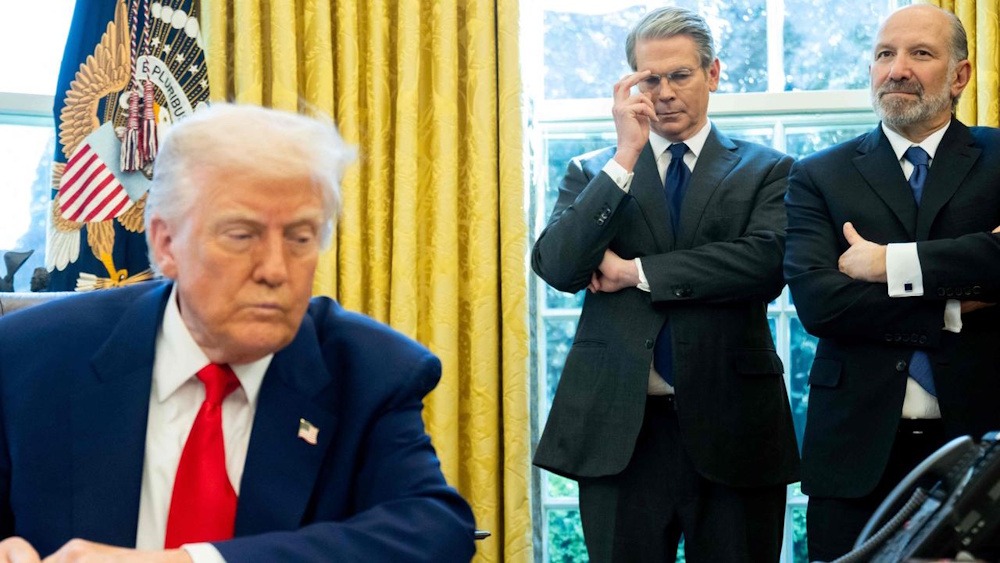Argentine markets are exhibiting volatility in response to the U.S. bailout announcement, with each headline eliciting both positive and negative reactions. On Tuesday, President Javier Milei engaged in discussions with his U.S. counterpart, Donald Trump, at the White House. In a working lunch attended by journalists, Trump stated that his administration would extend financial support to Argentina contingent upon Milei’s performance in the upcoming legislative midterm elections. National bonds and stocks experienced a significant decline following his remarks. Economy Minister Luis Caputo subsequently asserted that the markets had misinterpreted Trump’s statements. “There was a misinterpretation, if you will, a misunderstanding, that the support of the president and the U.S. was only going to last until October 26, depending on the elections,” Caputo stated in an interview. “The events that transpired during the meeting are unrelated to that.”
On Wednesday, U.S. Treasury Secretary Scott Bessent informed journalists that the U.S. government is collaborating with private investment funds to establish a US$20 billion facility aimed at investing in Argentina’s sovereign debt. The combination of that and the previously announced US$20 billion currency swap would amount to a total of US$40 billion. The U.S. Treasury has once again purchased pesos in the Argentine foreign exchange market, marking the second occurrence within a week. Bessent’s remarks on Wednesday appeared to moderate both his and Trump’s statements made during the meeting with Milei, indicating that U.S. funding would be contingent upon Milei securing a favorable election outcome: According to a report, the United States is set to provide financial assistance to Argentina contingent upon the government’s commitment to “good policies,” irrespective of the outcomes of the elections.
Markets reacted positively – Argentine businesses trading via American Depositary Receipts surged by as much as 28%, with biotech firm Bioceres at the forefront. Dollar-denominated bonds experienced a rebound of up to 8% with the Global 2038 leading the charge. Financial analyst Gustavo Ber noted that the Argentine markets are currently exhibiting “heightened sensitivity to headlines” and that the forthcoming midterms “are taking on increasing relevance from a political and economic standpoint.” Ber stated “This is because the central objectives would be to achieve political consensus to promote structural reforms and accumulate reserves, in an effort to sustainably reduce country risk and regain access to refinance maturities.”
Uncertainty persists among analysts regarding the government’s potential decision to abandon its current banded exchange scheme and devalue the peso following the elections. “We are in a period of uncertainty, and the market is operating accordingly,” stated Gustavo Quintana in an interview. The US Treasury’s interventions in the Argentine foreign exchange market complemented the efforts of Argentina’s Central Bank and Treasury in managing the U.S. dollar exchange rate. “As is customary in Argentina during pre-election periods, the inclination to dollarize stimulates demand while constraining supply,” he stated, further noting that volatility is expected to persist “at least” until the midterm elections.

